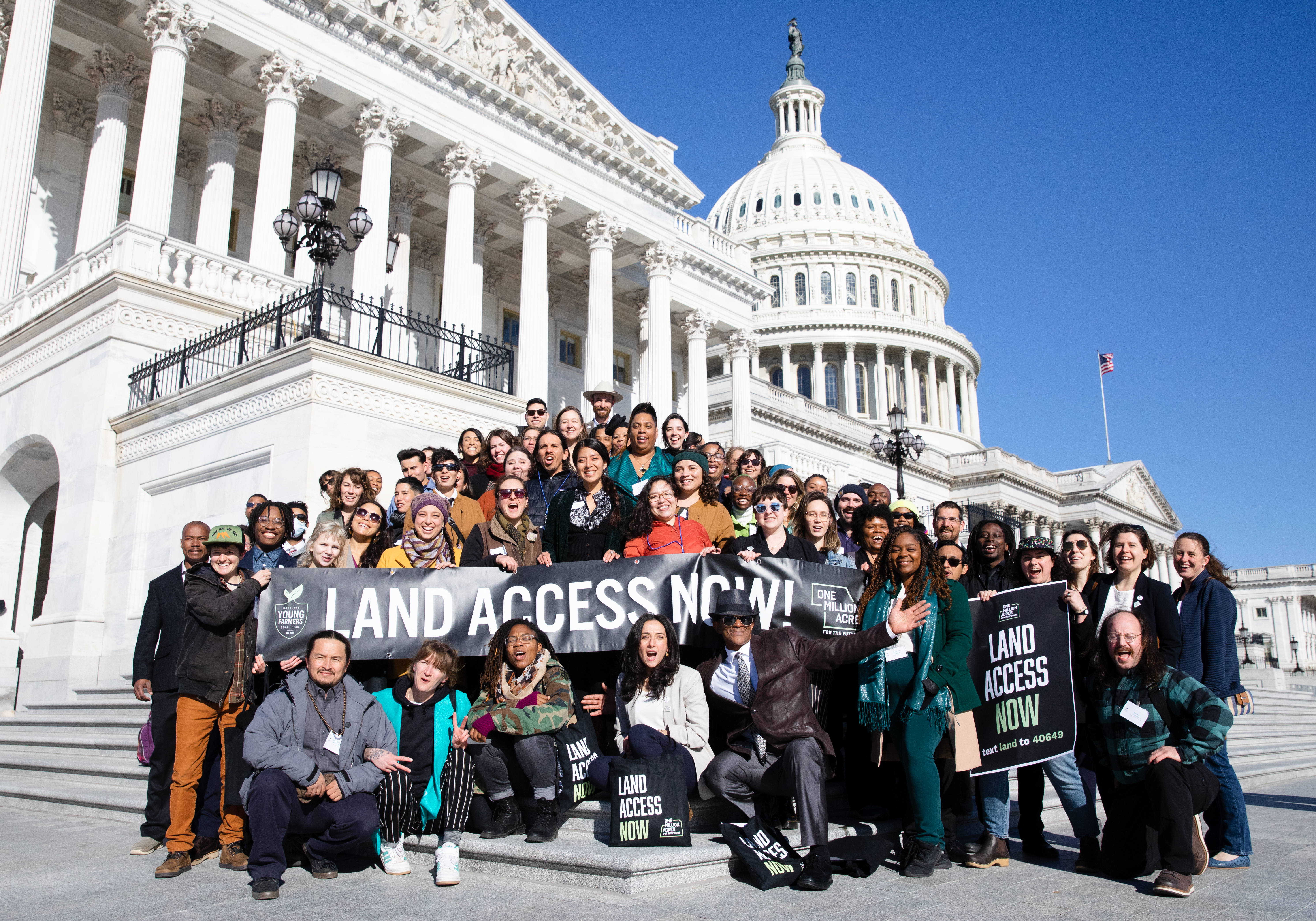
Federal fiasco for farmers
Carolina Mueller of National Young Farmers Coalition and Leah Ricci of Quivira Coalition on the funding chaos happening in Washington, how farmers and ranchers are affected, and what citizens can do.

Carolina Mueller of National Young Farmers Coalition and Leah Ricci of Quivira Coalition on the funding chaos happening in Washington, how farmers and ranchers are affected, and what citizens can do.
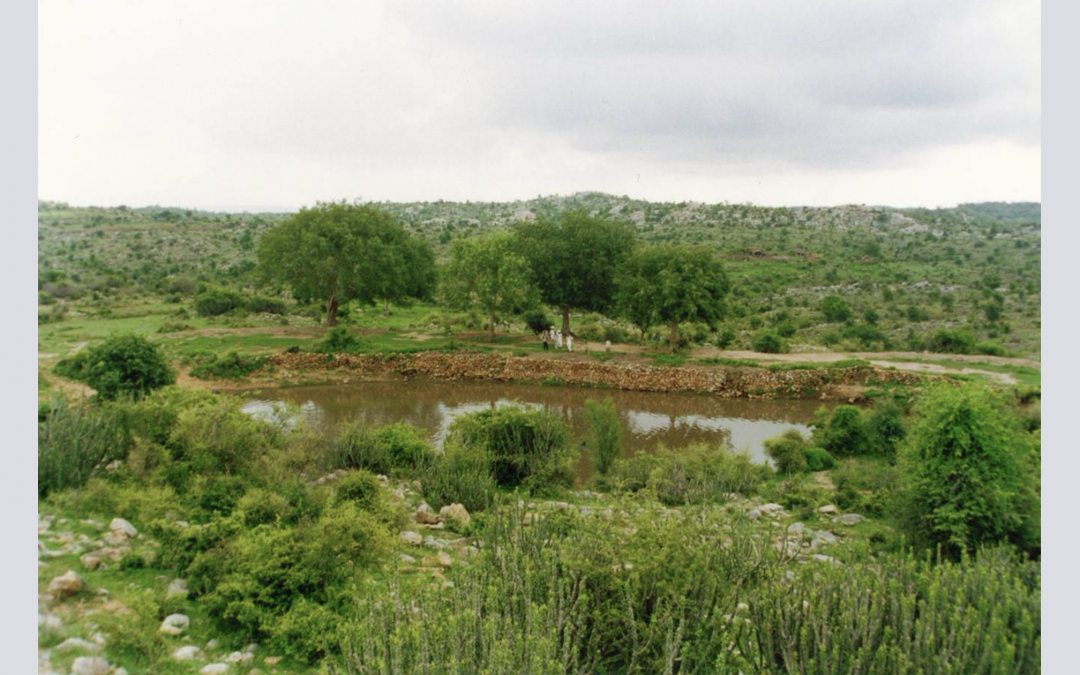
Minni Jain and Philip Franses, authors of The Language of Water, explore the process of helping communities around the world to restore streams and rivers, prevent flooding, and recover local water wisdom.
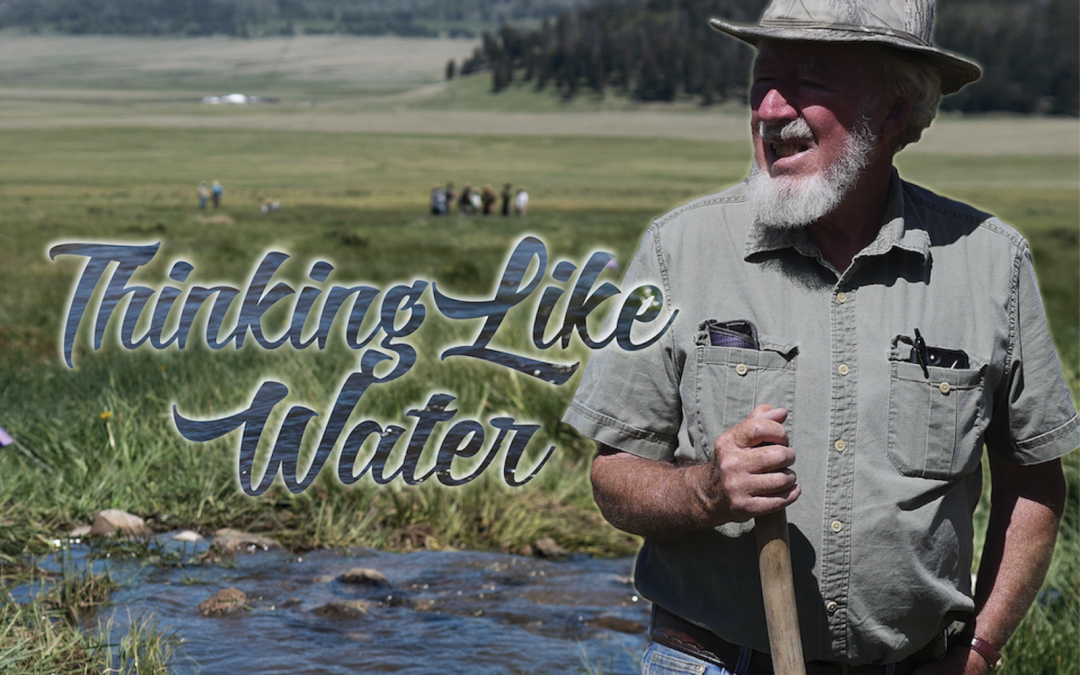
Bill Zeedyk restores landscapes—streams, wetlands, even rural roads—by using simple, low-tech tools and letting nature do most of the work. The result is healthy, lush desert ecosystems. He’s the subject of a new documentary, Thinking Like Water.
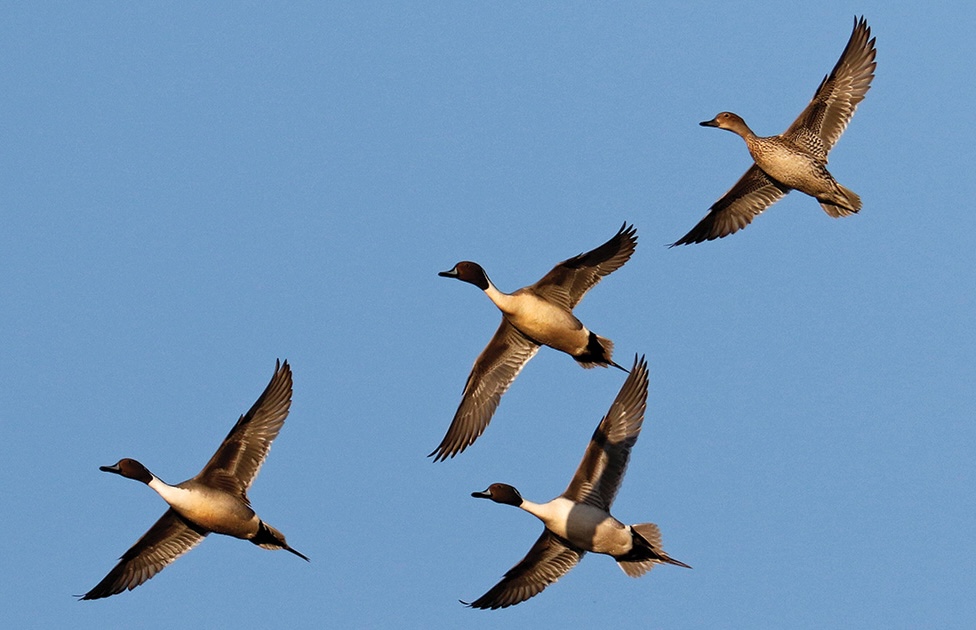
Ducks Unlimited works with farmers and ranchers across the American continent to help them reach their land health goals—while protecting wildlife, promoting sustainability, and sequestering carbon.
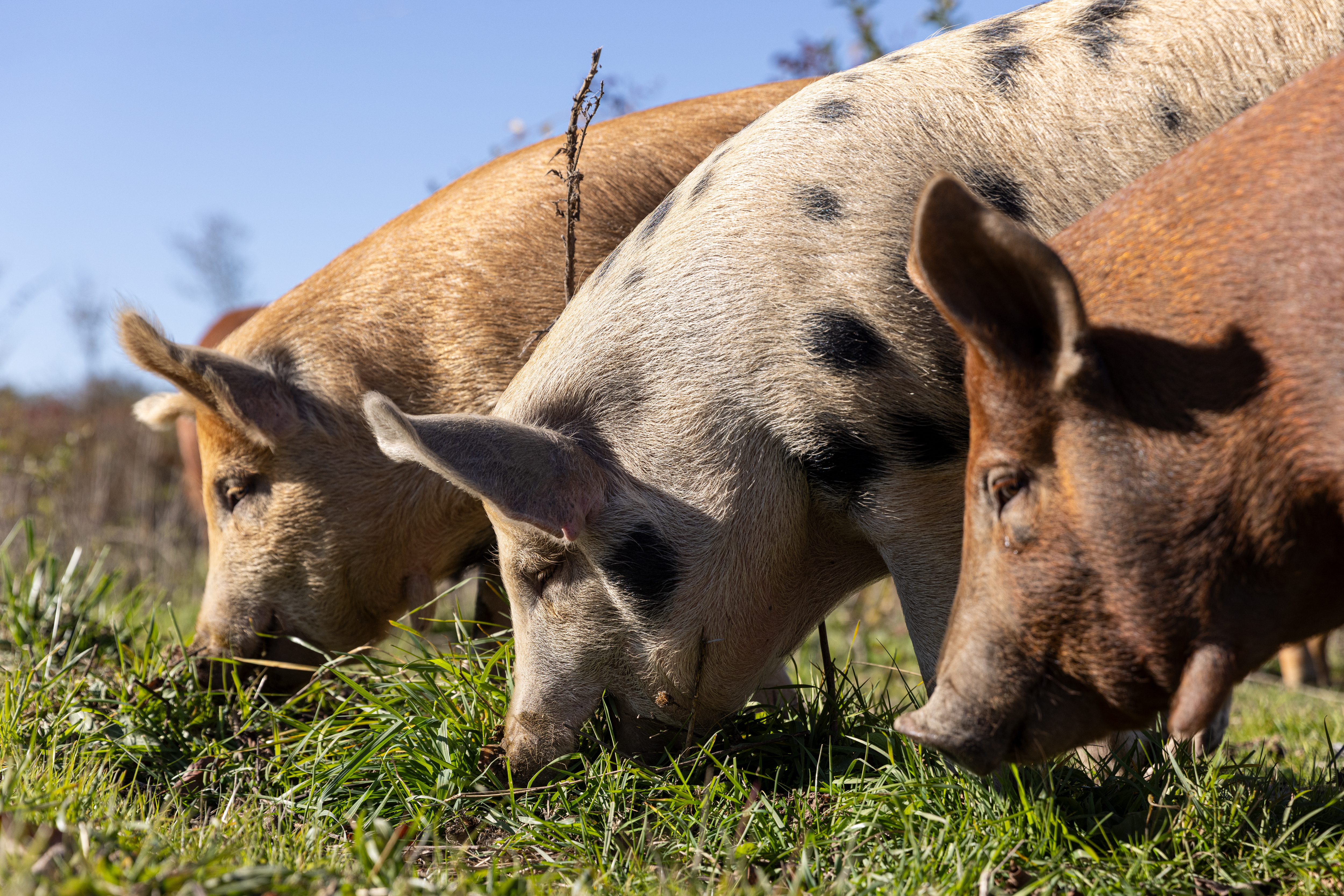
Adam Mason of the ASPCA makes the argument that healthy farm animals actually help farmers to thrive—and benefit land, air, and water. He talks about how farmers are making the transition away from industrial/conventional.
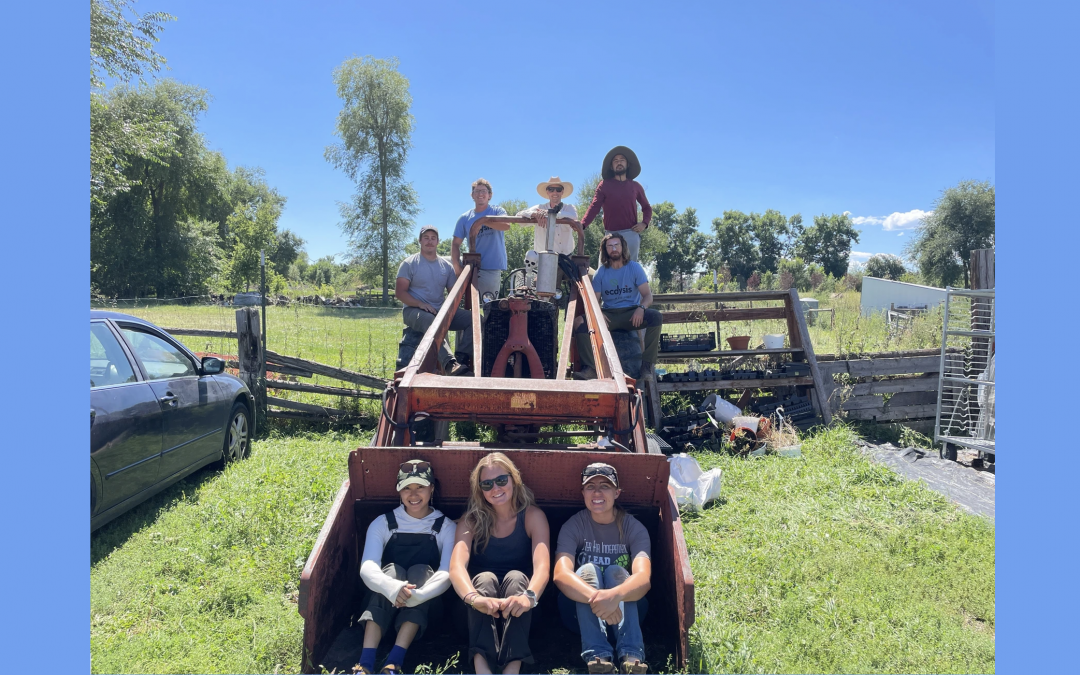
Scientist and farmer Jonathan Lundgren is helping to change the paradigm of agricultural science to one that expands the measures success to include the regeneration of land and health of people.
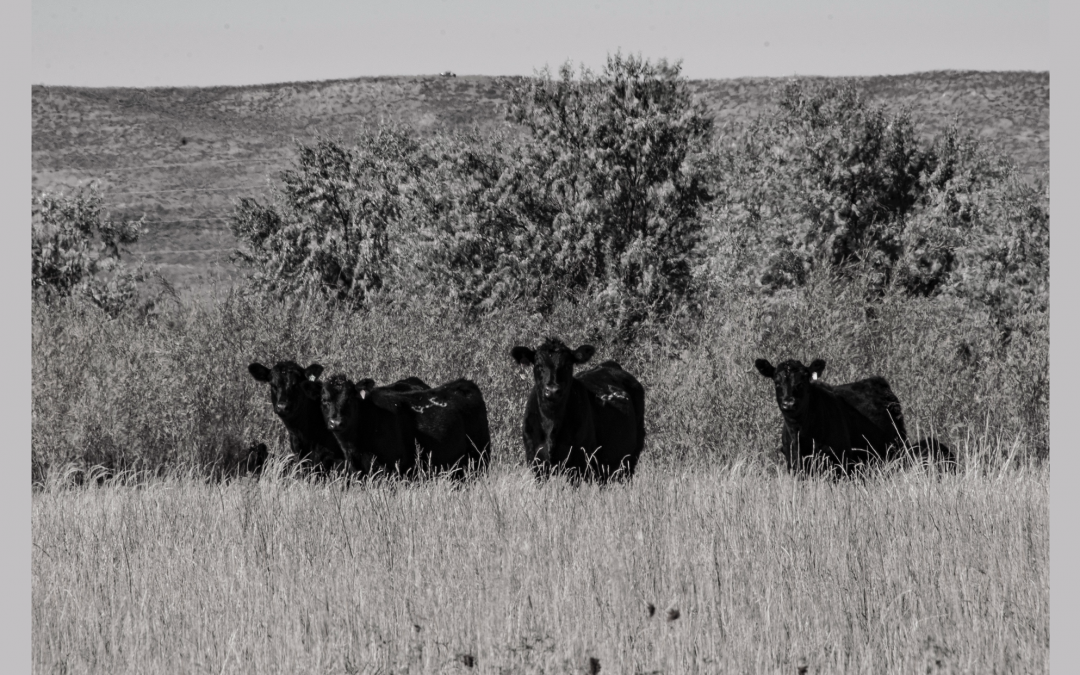
The Nature Conservancy partners with ranchers on virtual fencing, a new technology that keeps animals in delimited areas through GPS collars—resulting in labor saving, wildlife conservation, and land health.
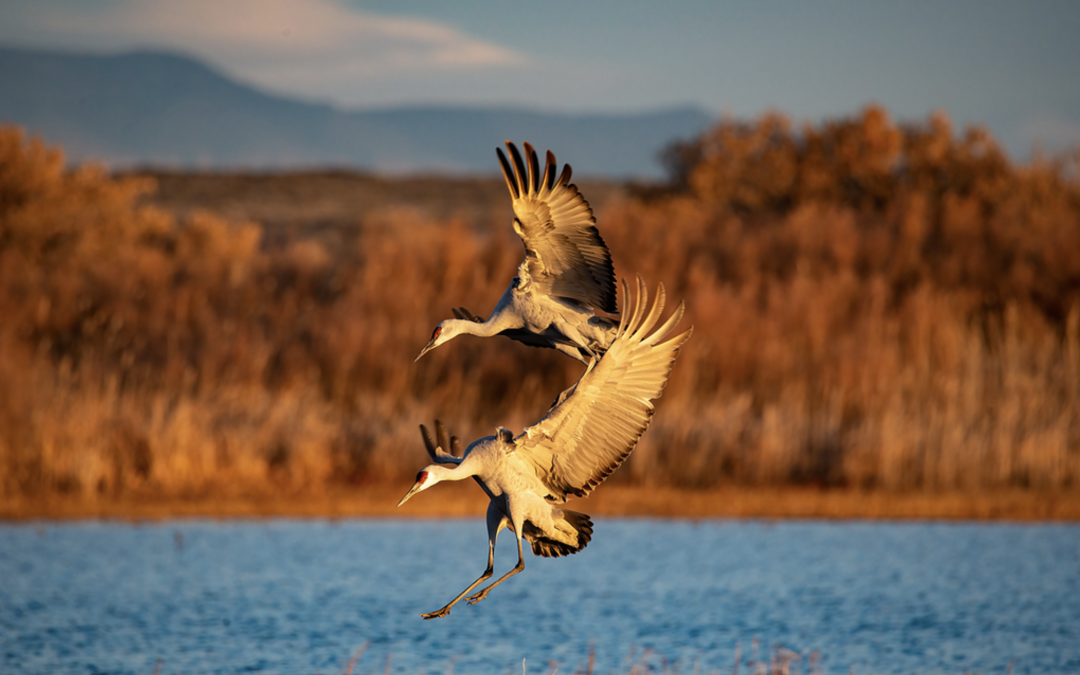
On New Mexico’s Bosque del Apache National Wildlife Refuge, Don Boyd and David & Hui-Chun Johnson are restoring agricultural soils—to grow food for migrating waterfowl.
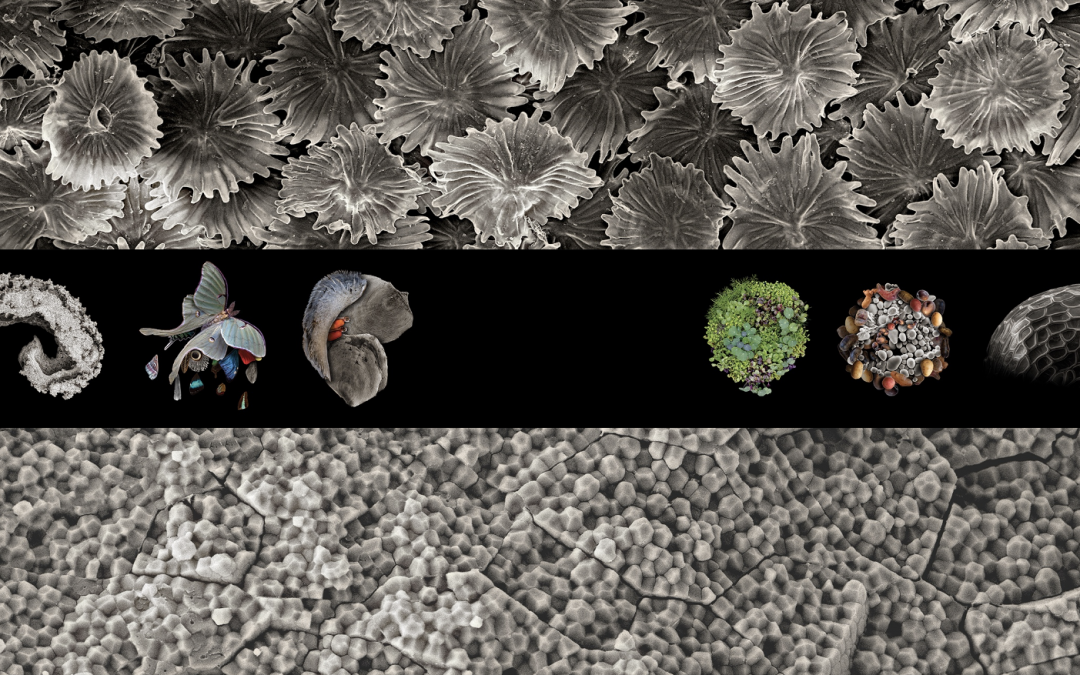
Artist and science educator Robert Dash creates art from micro- and macroscopic photographs of food crops. His new book explores both the science of our food system and the role of art in finding a more healthy and loving way forward.
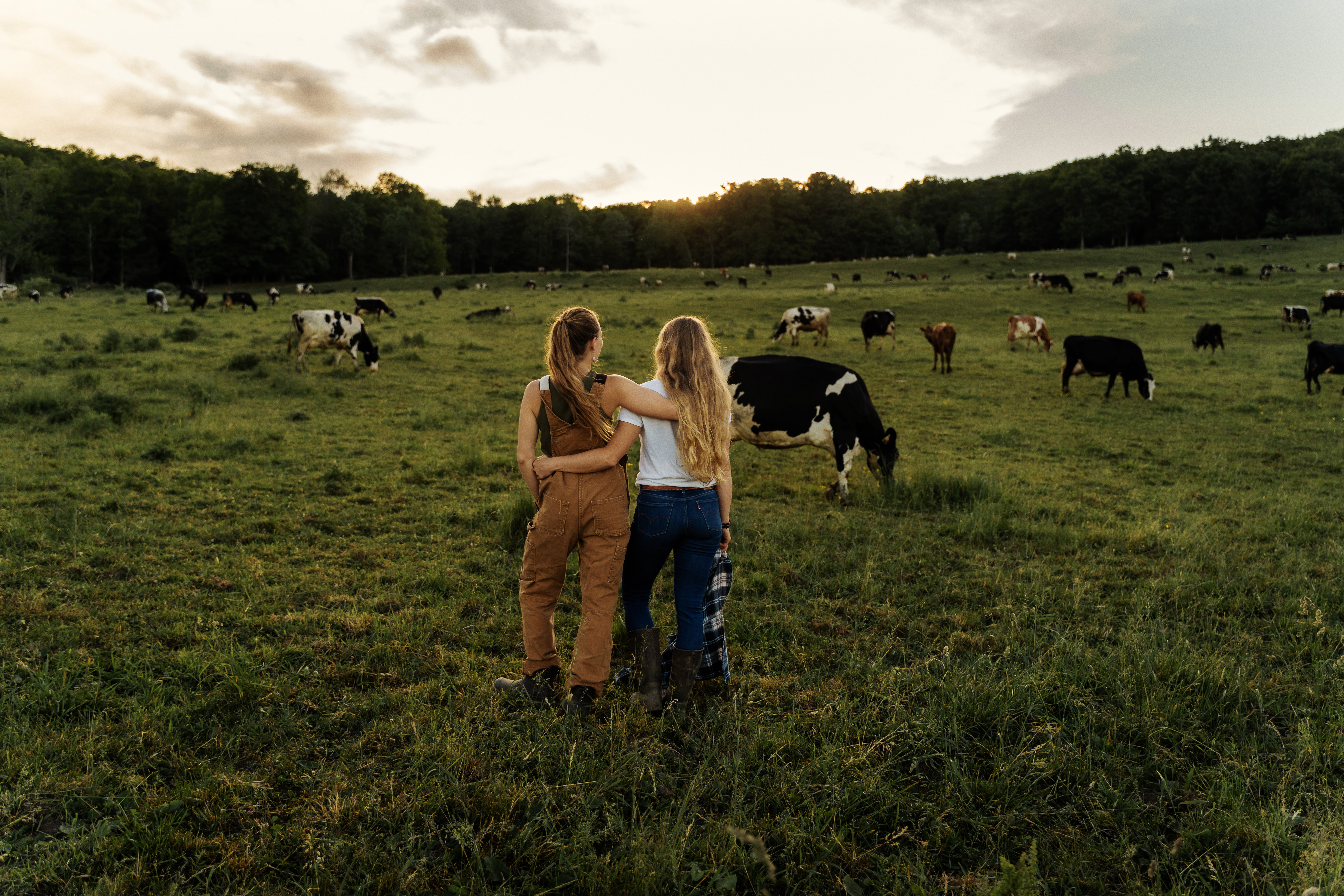
Hayley and Stephanie Painter saved their farm by creating a national yogurt brand—and they’re committed to fostering not only nutrient dense, regenerative food, but also health at every level of the supply chain.